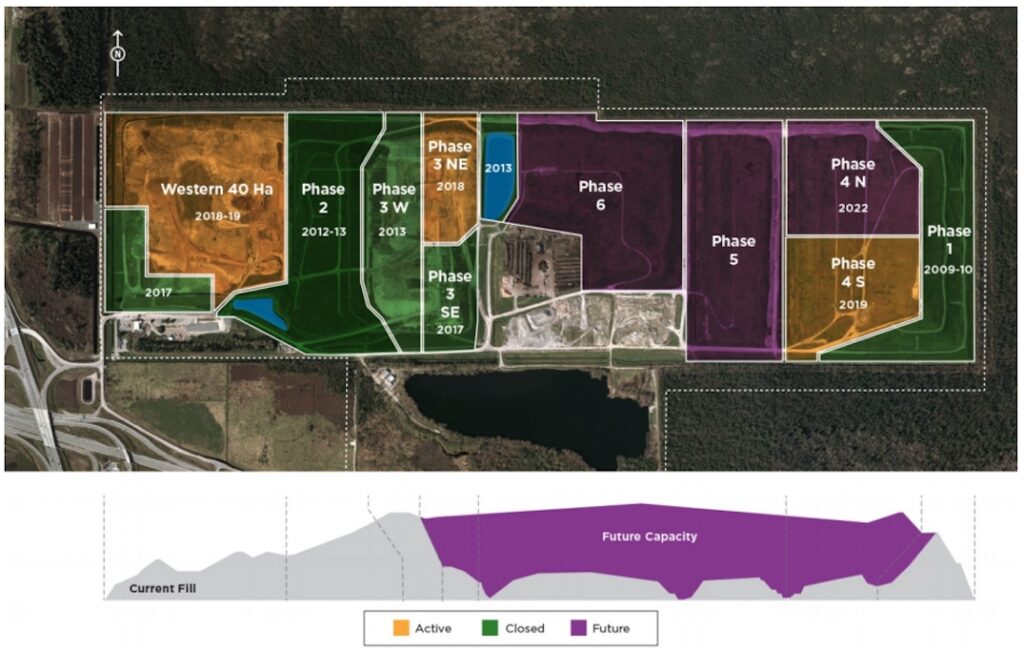Vancouver-area landfill to produce renewable natural gas

Renewable natural gas from landfill will be used to power city buildings, vehicles, neighbourhoods.
Vancouver’s landfill will soon become a source of renewable natural gas — the largest project of its kind in B.C.
Biogas created from decomposing organic matter at the city’s landfill in Delta will be used as a renewable source of energy, the city said in a media release.
The city — along with electricity and gas company FortisBC — received approval for the project from the B.C. Utilities Commission to produce renewable natural gas at the landfill. Construction of a biogas facility will begin next year and take 18 to 24 months to complete, the city said.
FortisBC vice-president Douglas Stout said renewable natural gas produced from the landfill will bring the company closer to its target of having 15 per cent of its natural gas supply renewable by 2030.
Converted gas blends “seamlessly” with natural gas already in the company’s systems, he added.
FortisBC owns and operates two existing renewable natural gas purification facilities on landfills, the company said in a statement.
The City of Vancouver will use the renewable natural gas produced by the landfill in its buildings, vehicles and the neighbourhood energy utility.
“This is a significant step forward in our ongoing efforts to maximize the beneficial use of the gas we recover at the landfill,” said Cheryl Nelms, acting general manager for engineering services for the City of Vancouver.
Converting landfill gas to renewable natural gas is part of the city’s efforts to cut carbon pollution by 50 per cent by 2030, she added.
The reduction in emissions as a result of this project is expected to be equivalent to up to 12,500 tonnes of carbon dioxide — which is equivalent to taking 2,600 cars off the road each year, the city said.
To get in on the action call 24hr Junk to help you reclaim your space and environment (604)330-6915

